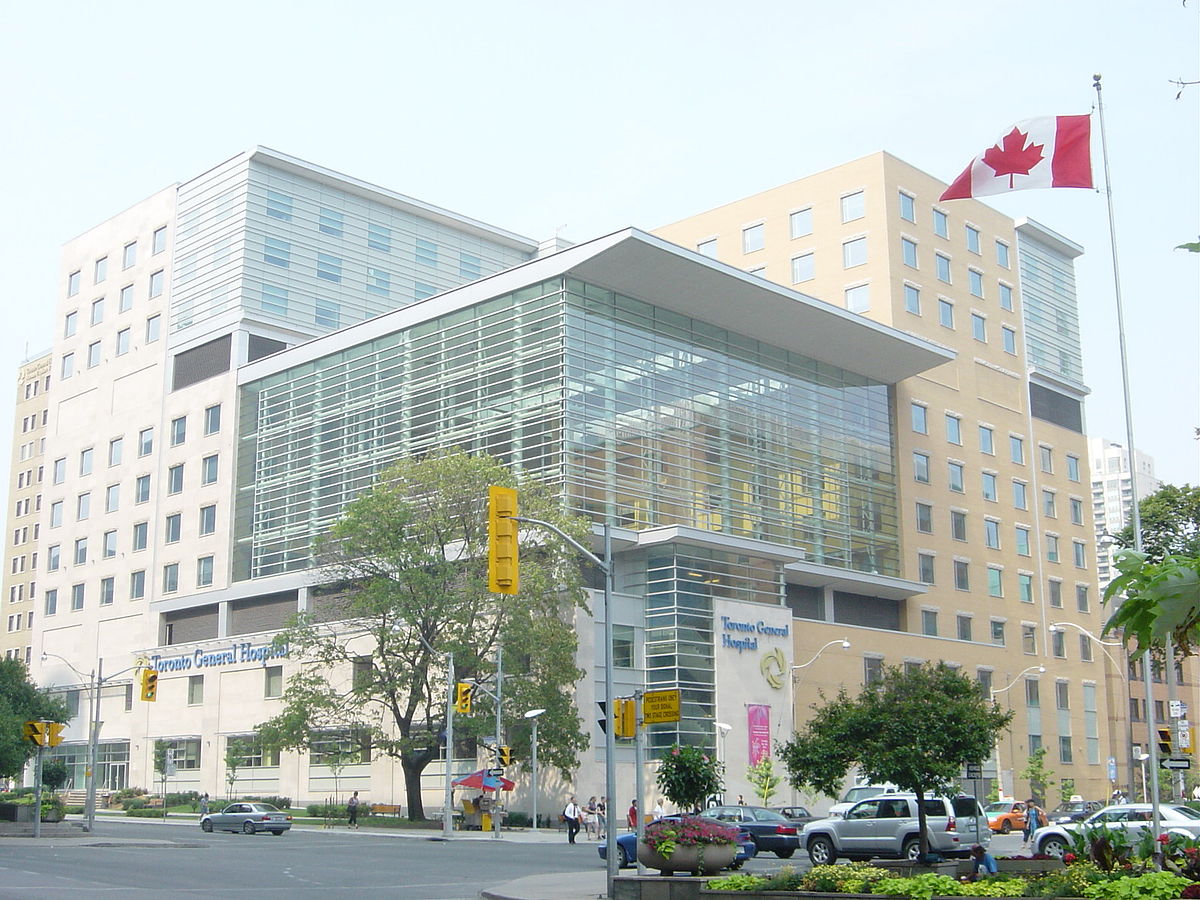A Guide to Toronto’s Healthcare Services

Navigating Toronto’s Healthcare System: A Comprehensive Guide
Toronto boasts a world-class healthcare system, but navigating it can be a daunting task for newcomers or those unfamiliar with its intricacies. This guide provides an overview of the key services, access points, and resources available to residents of Canada’s largest city.
1. Primary Care: Your Starting Point
- Family Doctor (GP): The foundation of your healthcare journey. Your family doctor provides comprehensive primary care, including preventative screenings, managing chronic conditions, and referring you to specialists when necessary. Finding a family doctor can be challenging, so consider registering with a clinic or utilizing online platforms like Healthcare Connect.
- Walk-in Clinics: For urgent, non-life-threatening conditions, walk-in clinics offer quick access to a doctor without an appointment. However, wait times can be long, and they may not provide comprehensive care.
- Nurse Practitioner (NP): NPs offer primary care services similar to GPs, including diagnosing and treating illnesses, prescribing medication, and managing chronic conditions. They can be particularly helpful for accessing mental health services.
2. Hospitals: Emergency and Specialized Care
- Emergency Room (ER): For urgent and life-threatening medical situations, head to the nearest hospital ER. However, be prepared for lengthy wait times, especially during peak hours.
- Specialized Hospitals: Toronto houses numerous specialized hospitals, such as SickKids (children’s hospital), Toronto General Hospital (trauma and transplant), and Sunnybrook Health Sciences Centre (rehabilitation and mental health).
- Community Health Centres (CHCs): CHCs offer a wide range of services, including primary care, mental health counselling, substance abuse treatment, and community outreach programs.
3. Mental Health Services
- Access to Mental Health Services: Toronto offers various options for mental health care, including counselling, therapy, medication management, and crisis intervention.
- CAMH (Centre for Addiction and Mental Health): Canada’s largest mental health and addiction teaching hospital provides specialized treatment and research.
- Crisis Services: In a mental health emergency, contact the Crisis Services Canada hotline (1-833-456-4566) or visit the nearest hospital ER.
4. Prescription Drugs and Medications
- Pharmacies: Pharmacies dispense prescription medications and offer over-the-counter remedies. Many offer convenient services like medication refills and health advice.
- Ontario Drug Benefit (ODB): A government program that provides subsidized access to prescription drugs for eligible individuals.
- Private Health Insurance: Consider private health insurance to cover costs not covered by the provincial healthcare system, such as dental care, vision care, and prescription drugs.
5. Navigating the System:
- OHIP (Ontario Health Insurance Plan): The provincial health insurance plan covers medically necessary services, including doctor visits, hospital stays, and some prescription drugs.
- Health Care Connect: An online platform that helps connect you with a family doctor or other healthcare providers.
- Telehealth Ontario: A 24/7 phone service for health advice and information.
Remember:
- Be prepared for wait times. The healthcare system in Toronto can be busy, so plan ahead and be patient.
- Be proactive. Take charge of your health by attending preventative screenings and maintaining a healthy lifestyle.
- Ask questions. Don’t be afraid to seek clarification from your healthcare providers.
By understanding the structure and resources of Toronto’s healthcare system, you can navigate it effectively and receive the care you need.

